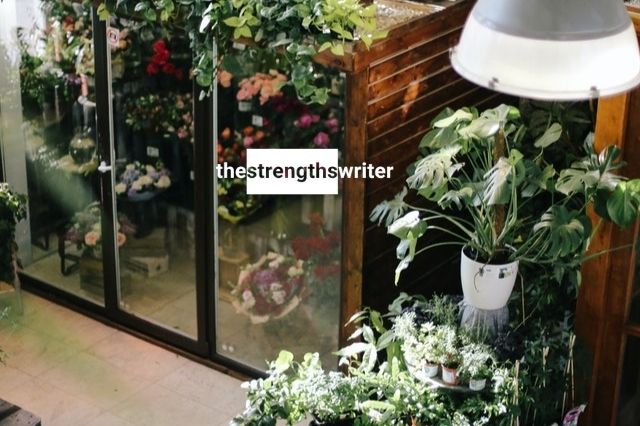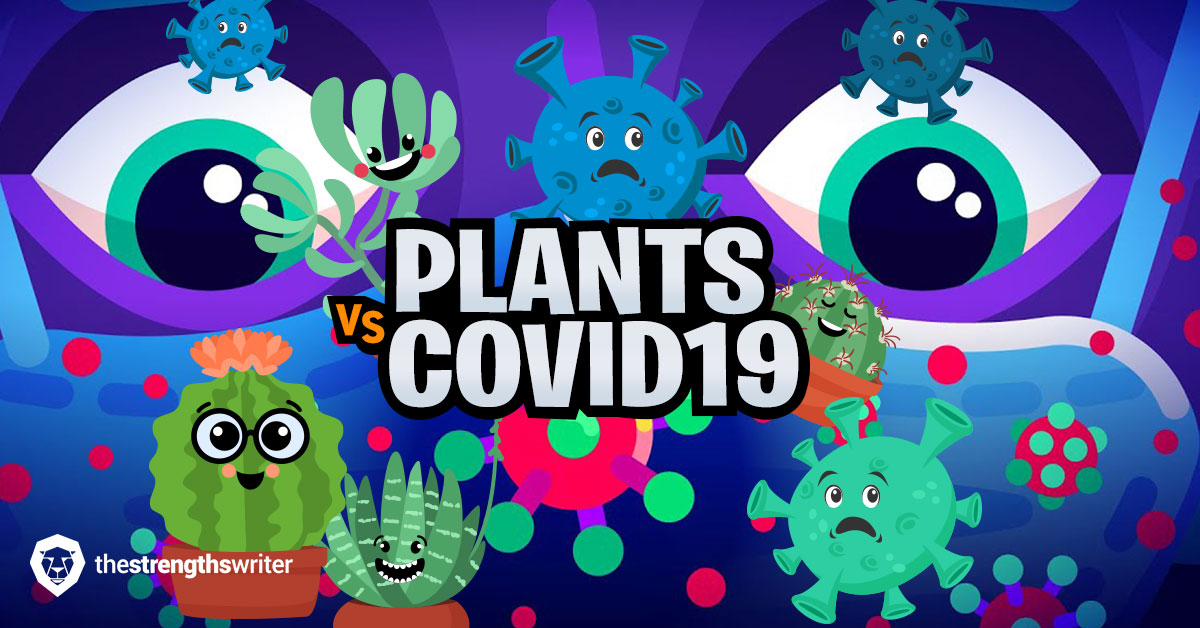The COVID-19 pandemic has brought unprecedented challenges, pressing us to adopt new ways of living and coping with the surrounding uncertainties. In the midst of this crisis, people have sought solace and relief through horticulture and planting. Gardening has proven to offer physical, mental, and emotional benefits beyond those of a mere pastime during these difficult times. This blog will talk about the therapeutic effects of planting and gardening, as well as how they can assist us in navigating the pandemic.

1. Stress Reduction
Gardening provides a much-needed respite from the constant wave of news and worries. Engaging with plants and nature can reduce tension and promote relaxation, allowing us to remain calm during periods of uncertainty.
2. Mood Enhancer
Exposure to nature has been connected to increased serotonin levels, resulting in enhanced mood and overall well-being. The act of caring for plants and observing their development can bring us happiness and a sense of accomplishment, thereby boosting our spirits.
3. Mindfulness and Mind-Body Connection
Gardening promotes mindfulness, enabling us to be completely present in the present moment. Tending to plants, touching the soil, and observing their progress strengthen the bond between our mind and body, thereby promoting inner harmony.
4. Better Physical Health
Gardening involves a variety of physical activities, including digging, planting, weeding, and watering, which can provide an exercise of moderate intensity. Regular participation in these activities can enhance cardiovascular health, muscular strength, and flexibility.
Spending time in the garden outdoors exposes us to fresh air and sunlight, allowing our bodies to absorb vitamin D, which is essential for maintaining a healthy immune system. Sunlight also improves our mood and regulates our sleep patterns.
5. Nutritious Food
Growing your own vegetables and herbs grants you access to a reliable and fresh source of nutritious food. Eating homegrown produce not only assures the food’s quality, but also gives us a sense of autonomy and control over our health.
6. Community and Connection
a) Social Bonding: gardening can be a family and community-building activity. Even when physically separated, engaging in gardening activities with loved ones or participating in community gardening initiatives fosters a sense of belonging and social connection.
b) Learning and Sharing of Knowledge: Gardening offers the chance to learn about plants, ecosystems, and sustainable practices. Sharing knowledge and experiences with other cultivators in person or through online communities promotes intellectual and personal growth.
c) Environmental Stewardship: We can contribute to environmental conservation through gardening by creating green spaces that support biodiversity, providing habitats for pollinators, and reducing our carbon imprint. These actions contribute to our planet’s sustainable future.
As the world continues to confront the challenges posed by the COVID-19 pandemic, horticulture emerges as a potent means of fostering our health. Planting and gardening provide solace, physical exercise, and emotional balance that extend beyond ordinary hobbies. In these uncertain times, interacting with nature connects us to something greater than ourselves, providing a sense of hope and renewal. Therefore, take your gardening equipment, get your hands dirty, and discover the transformative power of planting in the midst of the pandemic.



